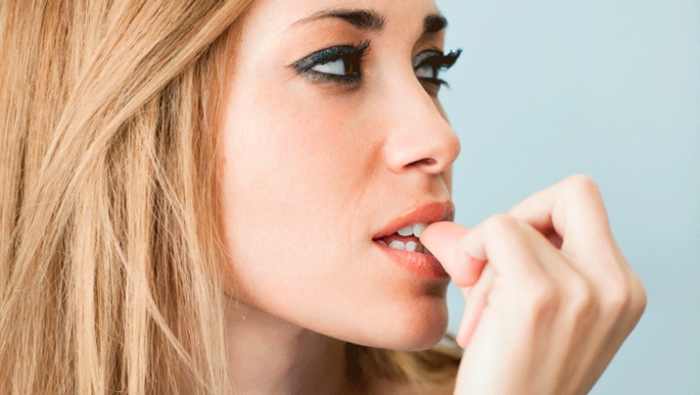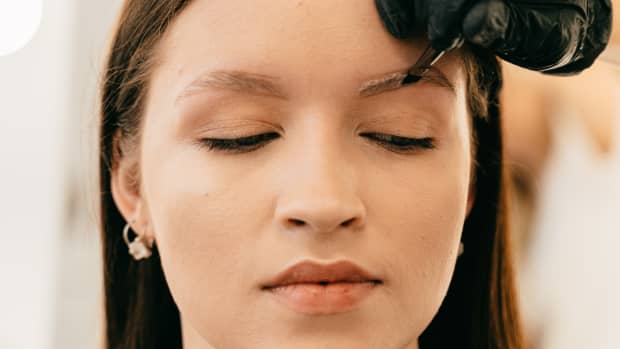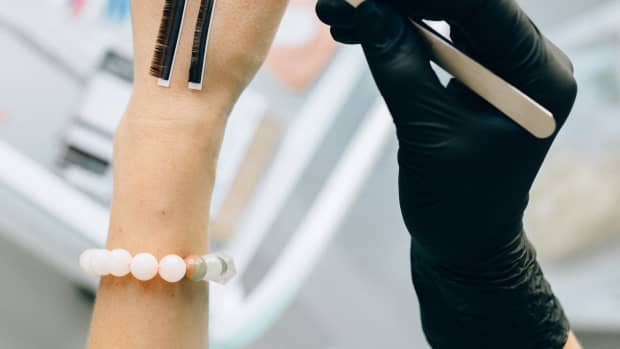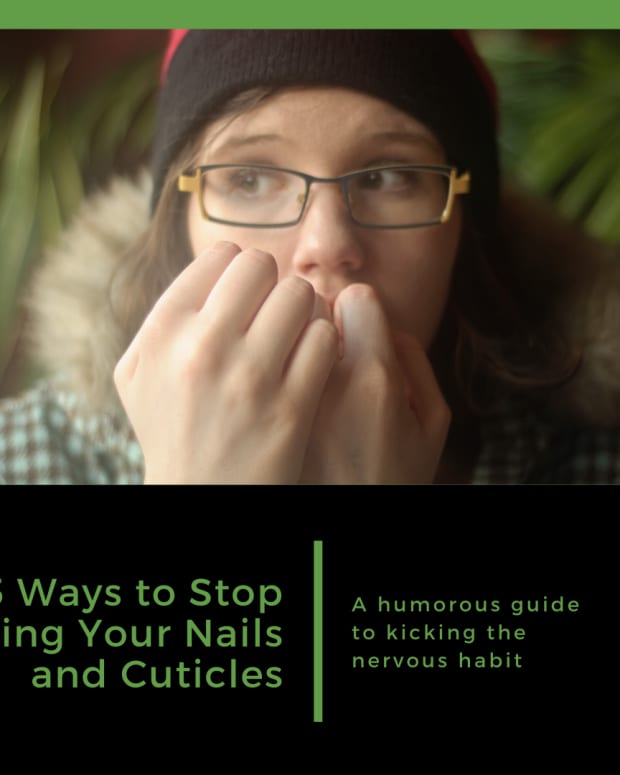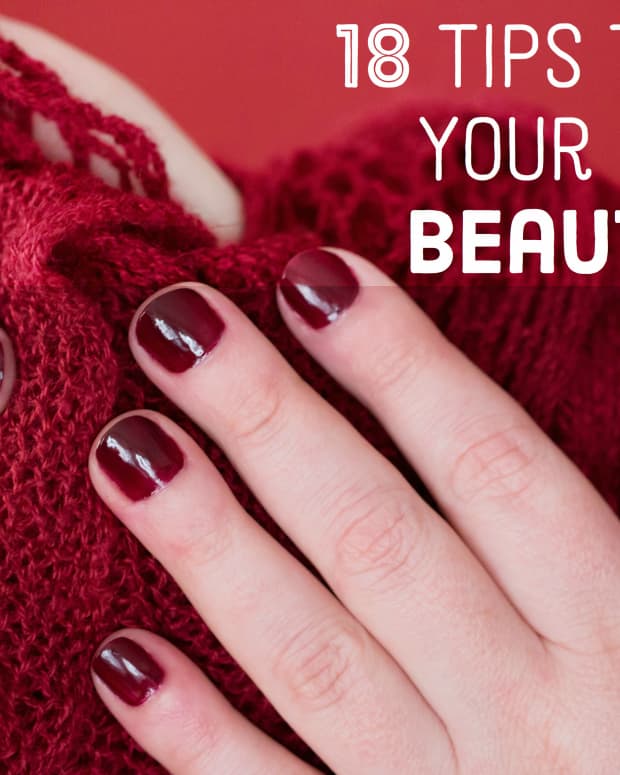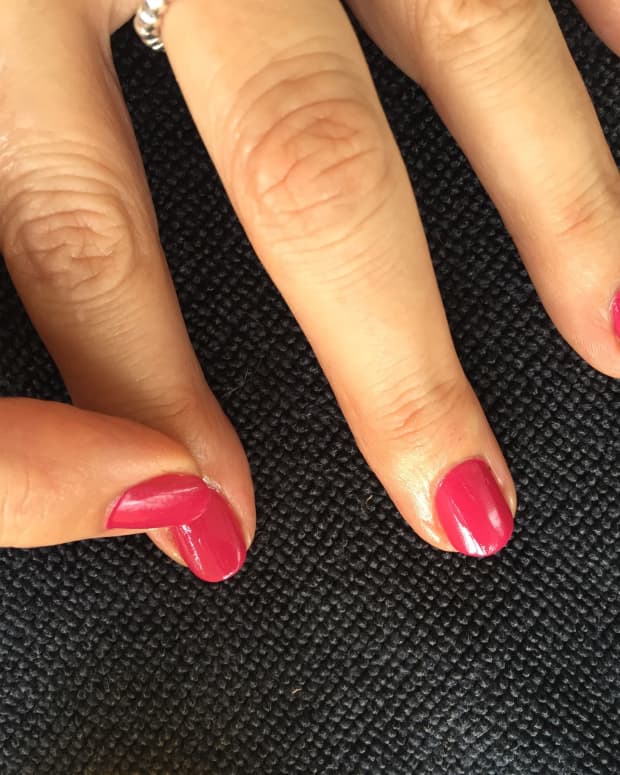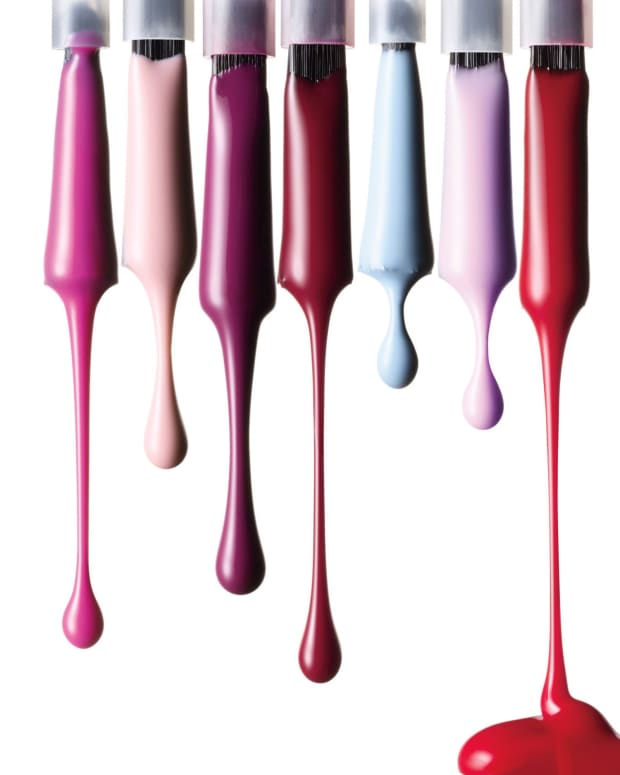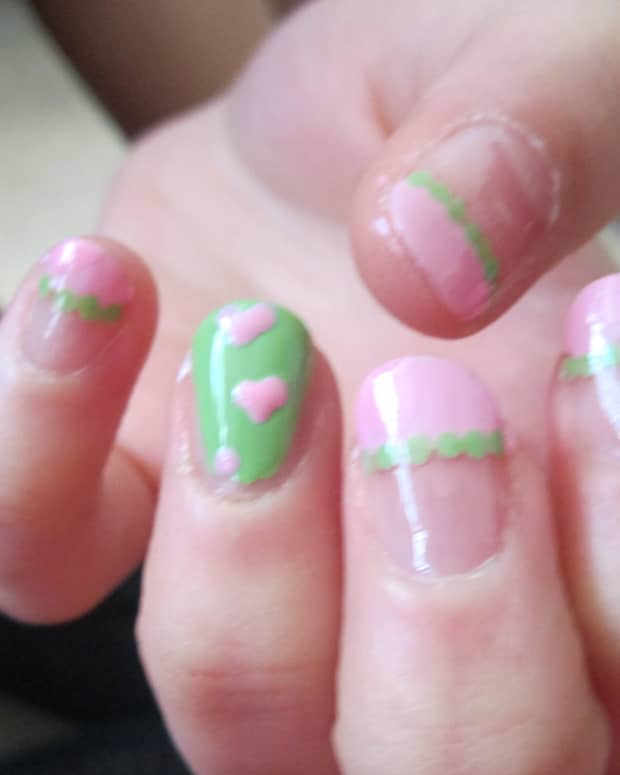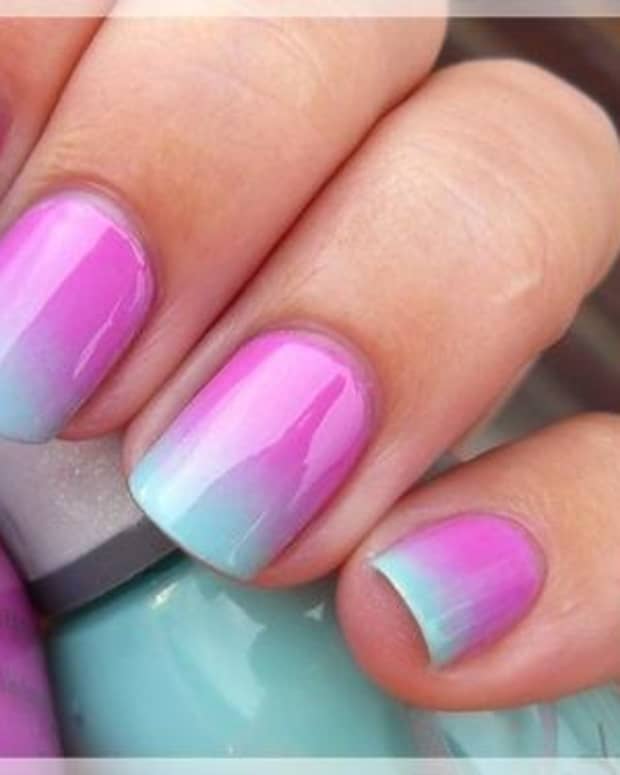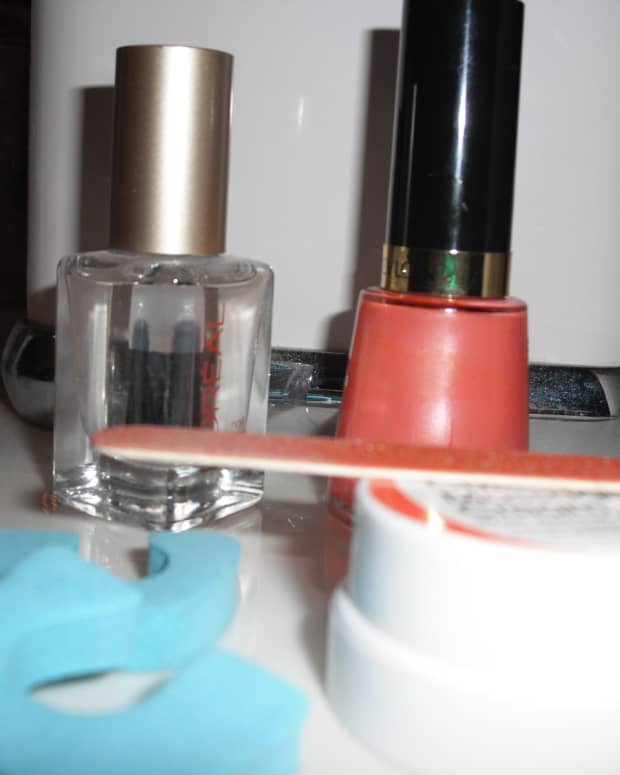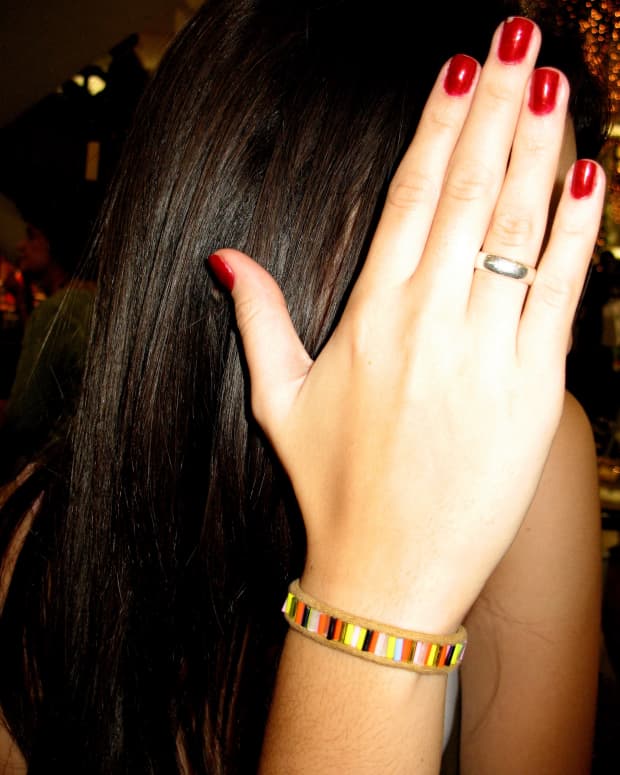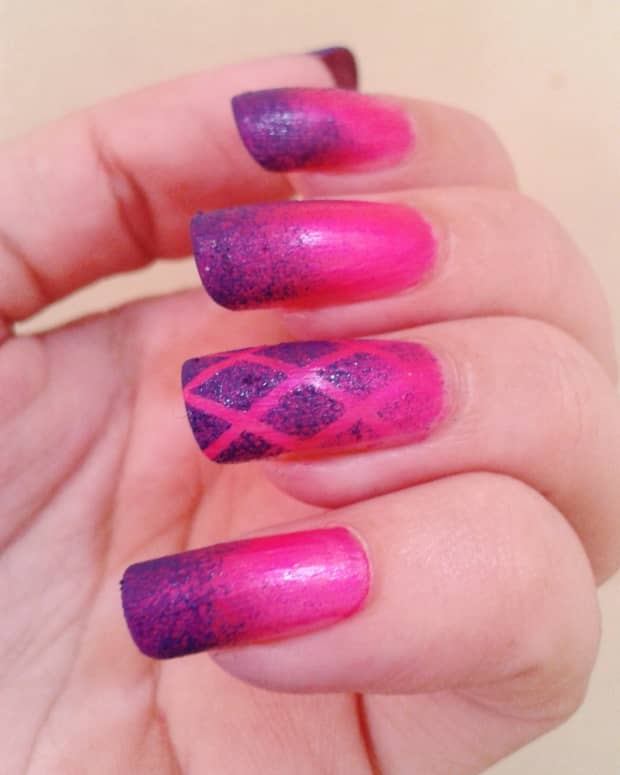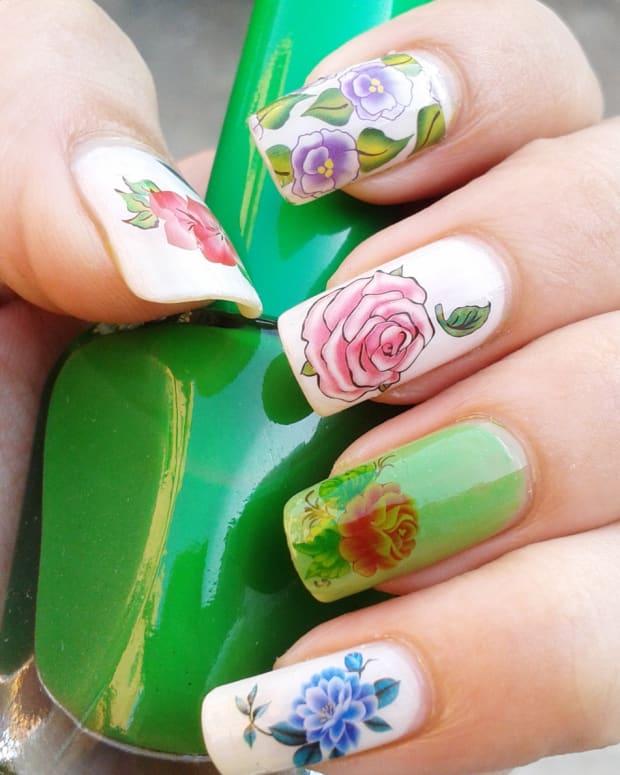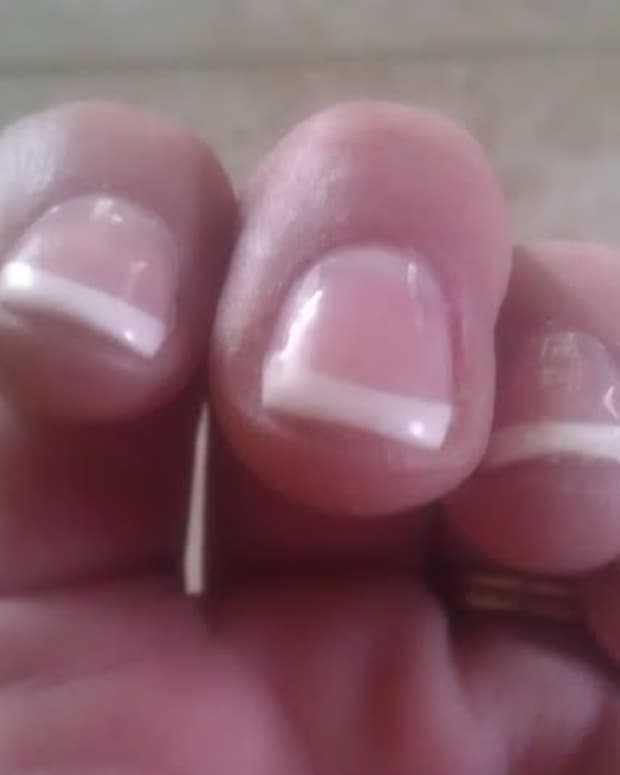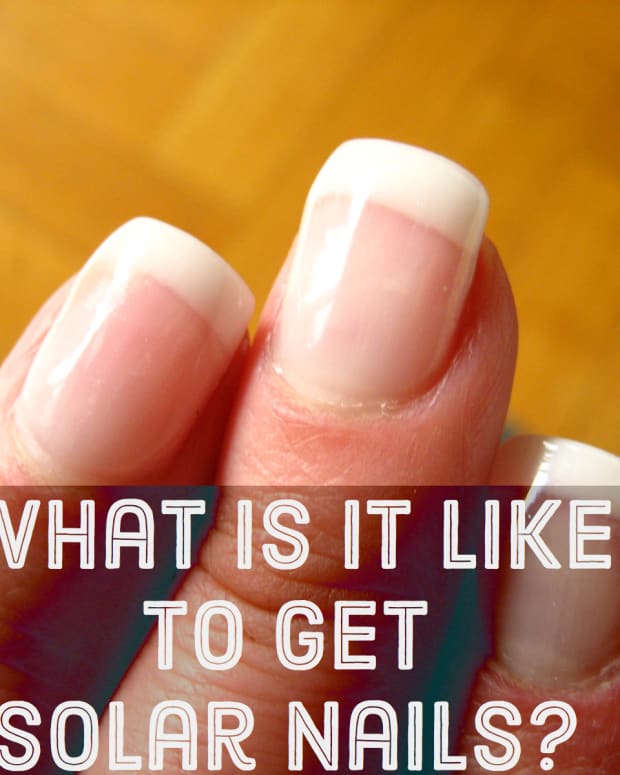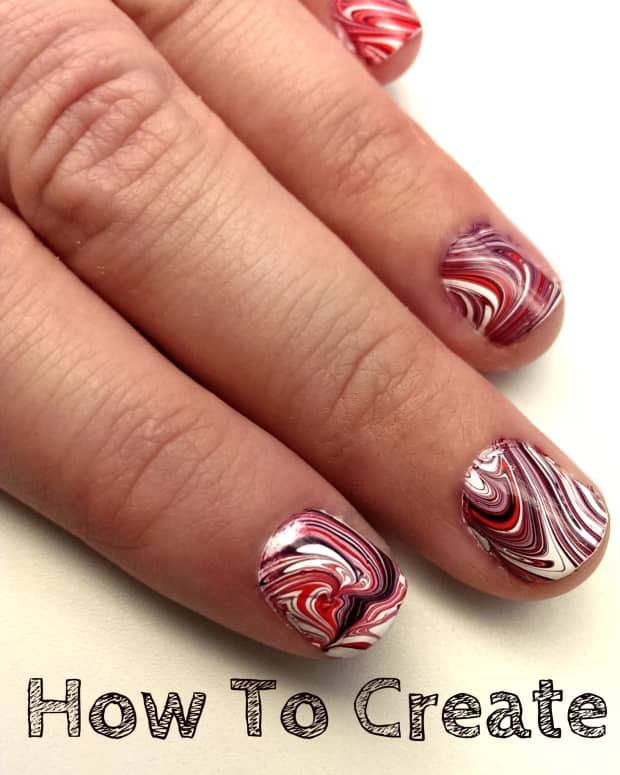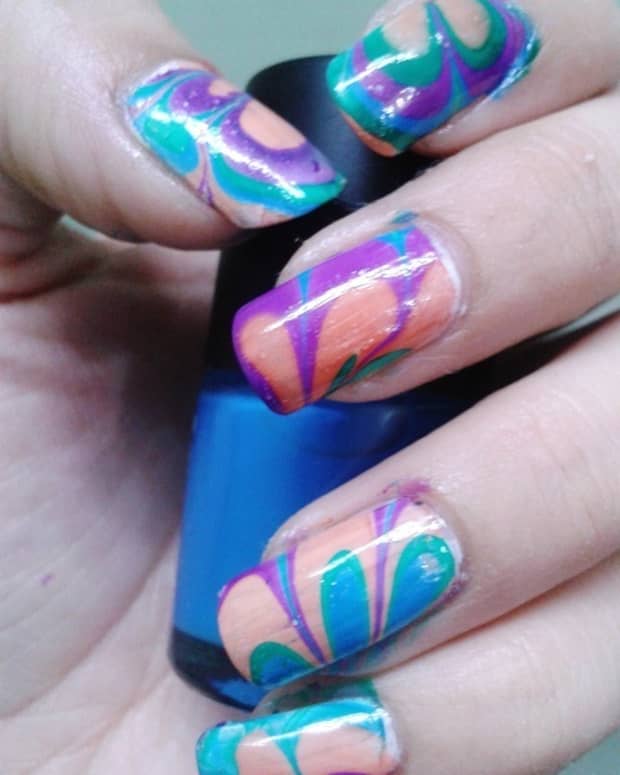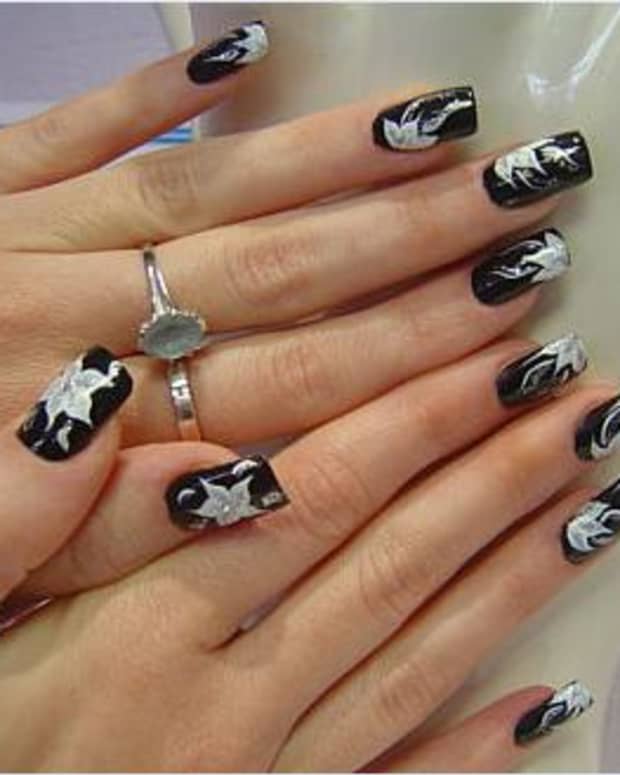6 Tips and Tricks for Stopping Your Nail-Biting Habit
Many people who bite their nails begin doing so in their early years of childhood, although it often does span into adulthood. Though this may seem to be a harmless habit, there are some severe health risks that have been associated with this behavior. In fact, many people who do have a serious problem with nail-biting don’t even know that they do. To learn about some of the ways you can stop biting your nails, read on.
Easy Steps to Stop Biting Your Nails
For those for whom nail-biting has become a serious problem, you will want to employ some of the following tips to help you stop your bad habit.
1. Nail Polish
This is an old tried-and-true method to avoid nail-biting. Whether you apply a bitter-tasting nail polish (although no nail polish truly tastes good) or just a pretty color to deter you from messing up your manicure, this barrier method may work for you.
2. Pamper Yourself
Similarly, if you spend the money to get your nails done professionally, you may be way less likely to let that money go down the drain. Get a luxurious (expensive) manicure from time to time if you afford to do so in order to dissuade your nail-biting habit.
3. Groom ‘Em
By keeping your nails at a length that is too short to bite, this is a quick and easy way of eliminating your habit. After all, if there is no nail to bite, then problem solved. If you are deep into your habit to the point of biting your skin, then this method may not work for you.
4. Eliminate Your Stress, Anxiety, etc.
One of the best ways to truly prevent yourself from engaging in a habitual behavior is to nip it in the bud and deal with the source of why you are nail-biting in the first place. If this happens to be stress or anxiety, try an alternative and healthy method of dealing with your issue. Yoga, meditation, and walking are all good ideas with positive health benefits that may help deal with these issues. So if you are going to pick up a new habit to deal with your stress or anxiety, it might as well be a healthy one.
5. Rubber Band Trick
This may seem like an extreme measure, but placing a rubber band around your wrist and snapping it whenever you have the urge to bite your nails may work for people as a punishment disincentive.
6. Bandages and Barriers
If your issue is truly severe where you just can’t seem to fight the urge, you may want to try wearing gloves or putting bandages around your fingers.
Causes of Nail-Biting
Nail-biting is usually due to external factors that elicit the behavior. Some of the most common causes are stress, boredom, and anxiety. You may notice this in the classroom, workplace, etc. While some of these triggers may be situational or emotional, there is also a connection with nail-biting and certain psychological conditions like OCD (Obsessive Compulsive Disorder) and ADHD (Attention Deficit Hyperactivity Disorder). Some research has even indicated that there may be a genetic indicator for those who become nail biters. The following are some of the main causes:
Read More From Bellatory
- Stress
- Anxiety
- Loneliness
- Boredom
- OCD
- ADHD
- ODD (Oppositional Defiant Disorder)
- Separation Anxiety
- Bed-wetting
Consequences and Health Risks of Nail-Biting
As previously mentioned, nail biting is likely harmless, but may have some serious health implications in some cases.
Infection: Because you are constantly having your fingers and thus the debris under your fingernails in your mouth, you are prone to infection. Bacteria have a direct pathway to your face and mouth that they would not otherwise have without a habit of nail biting.
Soreness: Constant gnawing on your fingers will also lead you to have sore and red fingertips. Especially if you are the type to bite down to the skin surrounding the nail, your fingers will be tender and raw, allowing for heightened risk of infection.
Weakened Teeth: Your fingers are not the only part of your body that is at risk for physical damage. Your teeth may also be impaired with cases of severe nail biters as they become weaker and even crooked over time. Although a major reason for weakened teeth is a poor diet and deficiency in vitamins, like K, C, D, A and other nutrients like potassium, calcium and phosphorus, the bad habit of nail biting can induce the same result.
Emotional/Psychological: If you are conducting your nail biting behavior as an outlet to emotional or psychological distress, you may not be adequately dealing with the issue at its origin. Rather than coping through nail biting, you should seek out other professional avenues to deal with your stress, anxiety, or other mental issue that is causing you to nail bite in the first place. Reading health related sites like Spiqy will help you, too.
If your habit does, in fact, get to this point where you are unable to control it, you will definitely want to seek out a mental health professional. There can be a serious underlying psychological condition that needs to be addressed primarily. If you or a professional have already determined that this is not your case, try some of the previously discussed steps to put an end to your nail-biting once and for all.
This content is accurate and true to the best of the author’s knowledge and is not meant to substitute for formal and individualized advice from a qualified professional.
Comments
Tary on April 13, 2017:
I am going to try it,

